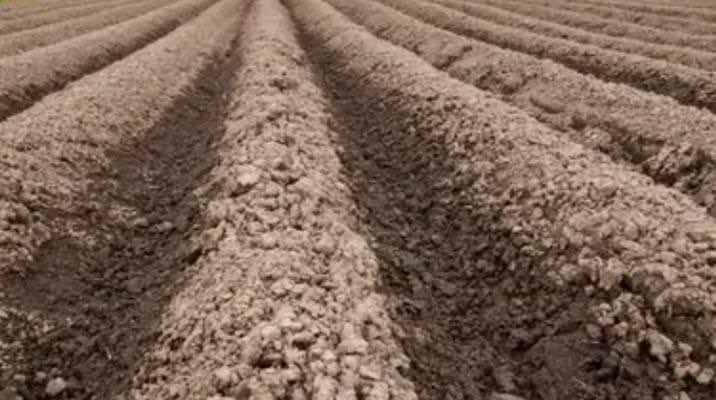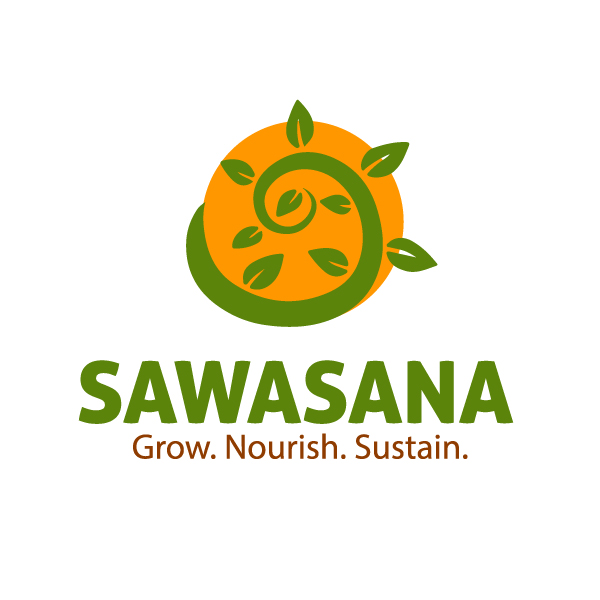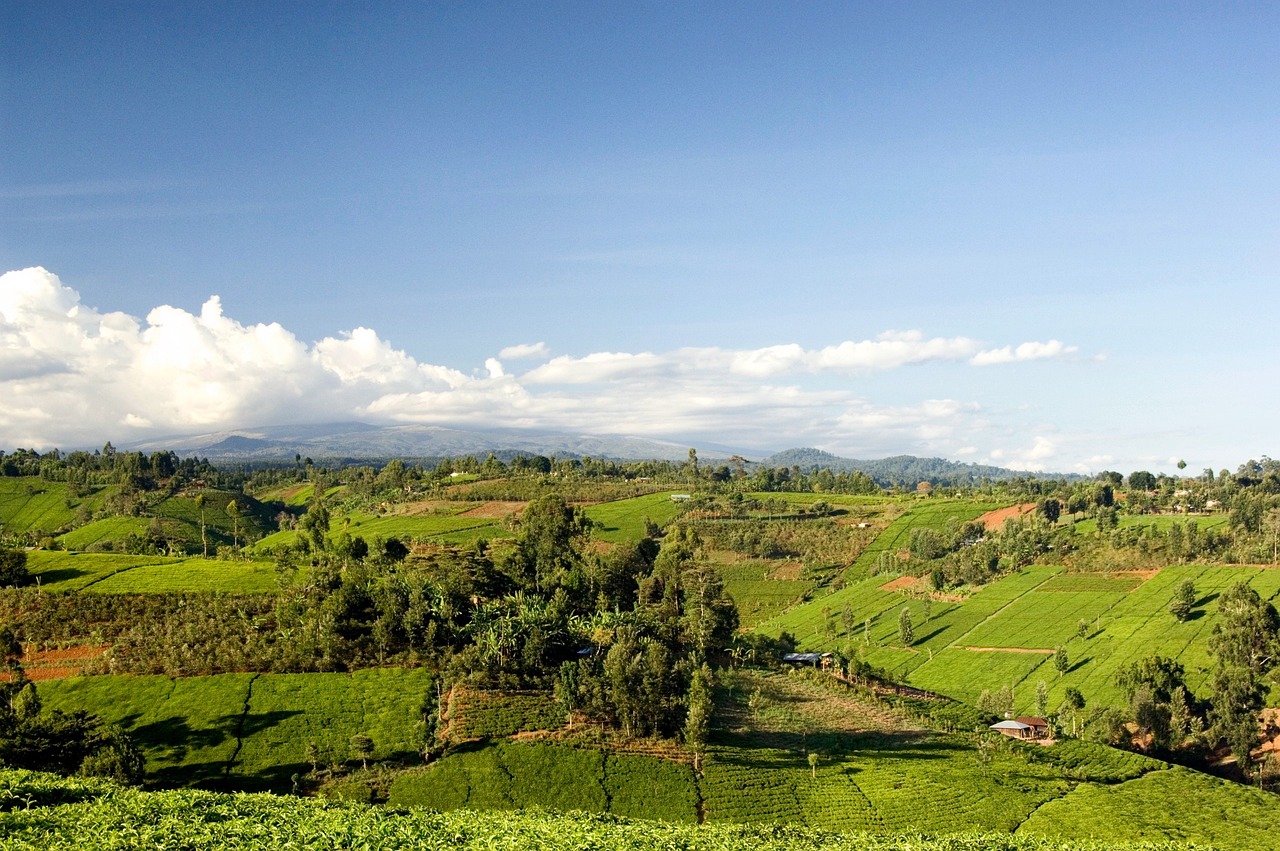
Welcome to SawaSana
We are cultivating innovative organic farming and sustainability
Please explore our website for more details on what we do and why we do it this way. Join the community, become part of the SawaSana family and our journey…
Adopt-a-Tree
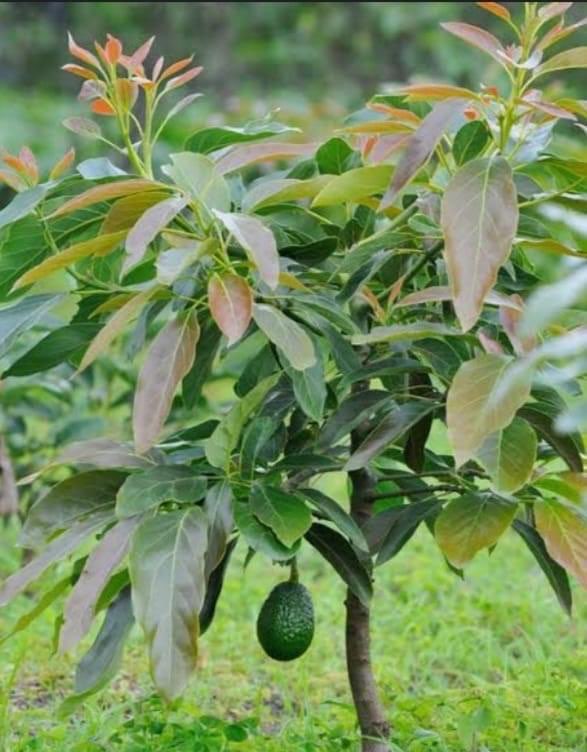
Our “Adopt-a-Tree” program offers a unique opportunity to forge a deeper connection with nature and support sustainable agriculture.
By adopting a Hass avocado tree at SawaSana, you not only contribute to the growth of our farm but also become an integral part of our mission to promote organic farming and environmental stewardship.
When you adopt a tree, you’re not just receiving a beautiful avocado tree; you’re also joining a community of like-minded individuals dedicated to cultivating sustainability.
Your adoption helps us continue our commitment to ethical farming practices, ensuring that each tree is nurtured with care and respect for the land.
Become part of the SawaSana family today…
Latest News
Common diseases and pests in avocado propagation
In Kenya, avocado farming is growing in popularity compared to other crops especially cash crops and cereal crops like maize, this is because of the availability of market and it production rate.
However we have so many logistics that one need to understand before engaging in this type of farming.
To ensure that you get the quality fruits as well as quantity, it’s important for the farmer to understand the common diseases and pests that affect this crop.
Poor agronomic practices, poorly drained soil etc may cost the farmer dearly.
COMMON PESTS
1. Scales: these are brown-greenish insects that usually sack the sap from the leaves. Although these insects does not cause internal damage but their presence may lower the quality of the fruit on the market.
2. Thrips: this insects cause leathery scars on the fruits. Usage of organic mulch will discourage them.
3. False Codling Moth (FCM): Their Caterpillars damages leaves, flowers as well as the fruit.
COMMON DISEASES
1. Avocado Root rot: this is a fungal disease that’s caused by phytophthora cinnamomi, which is a fungal pathogen that thrives in moist, poorly drained soils. It causes pale wilted leaves. During planting hot water treatment of seeds and grafting can help to control the disease.
2. Algae leaf stain: this is a viral disease caused by the virus Cephaleurors virescens, it usually affects trees causing red spots on the leaves, twigs and branches. The disease can be controlled by proper weeding and pruning of the trees.
3. Blights and wilts: This is a Bacterial disease that causes the wilting of leaves and death of the branches. Pruning the symptomatic tissues from trees and providing support can help affect avocado tree to recover.
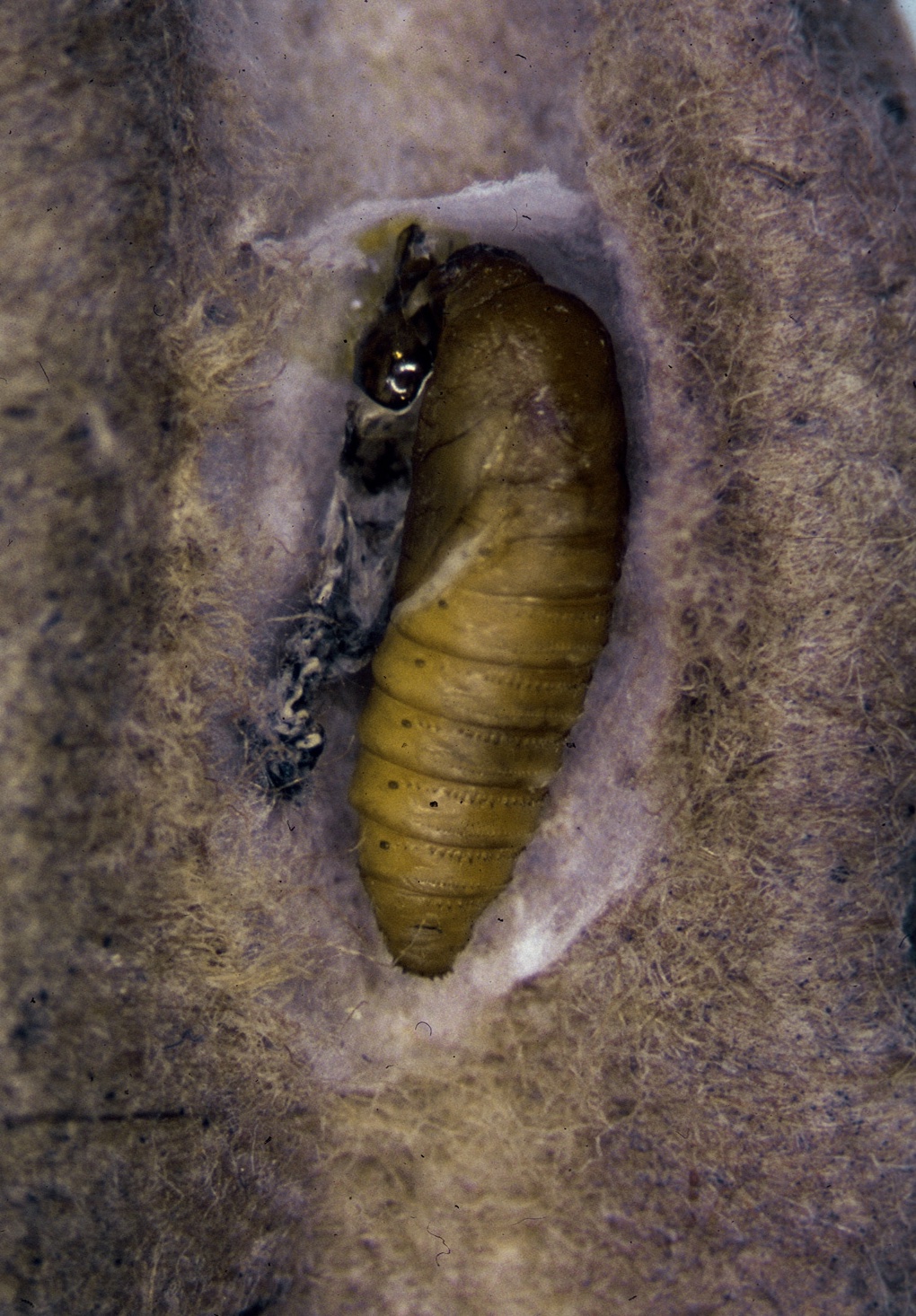
Start of the rainy season?
We are thrilled to announce that rain has finally arrived at our farm, bringing much-needed relief and rejuvenation to our crops. After a period of dry weather, the rain has come at the perfect time, nourishing our plants and replenishing the soil.
The rain is a testament to the resilience of nature and the importance of sustainable farming practices. At SawaSana, we prioritize organic farming methods that work in harmony with the environment, ensuring that our crops receive the nutrients they need while minimizing our impact on the land.
As we celebrate this welcome rain, we are reminded of the vital role that water plays in our farming operations. We are grateful for this natural blessing and look forward to seeing the positive impact it will have on our farm and the quality of our produce. Stay tuned for more updates as we continue our journey towards sustainable agriculture and environmental stewardship.
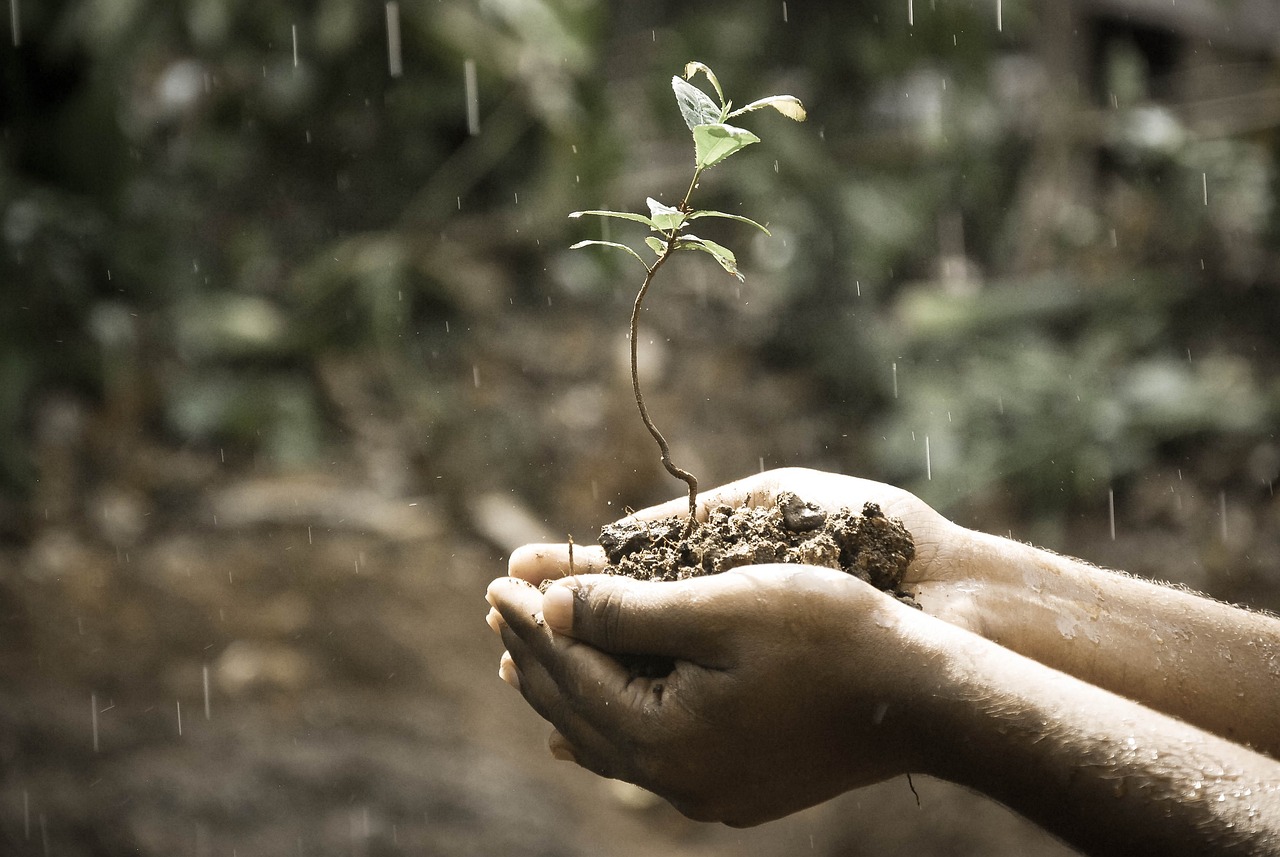
Disadvantages of synthetic fertilizers in avocado propagation
An avocado tree is delicate plant that need intensive care just like any other crop, the use of artificial fertilizers can cause serious long term imbalance of the ultimate pH and fertility of the soil.
Use of these fertilizers extensively can also cause root burn which will lead the plant to dry up and at long run production will be lowered.
Our soils have microorganisms which usually aid in aeration of the soil and long term use of the synthetic fertilisers usually harm these microorganisms and when these important organisms are harmed the soil will loose its fertility and also reduce organic matter and humus content in the soil.
Artificial fertilizers not only affects plants and soil but also affects human beings as well, therefore we should consider reducing its consumption in our daily activities.

Understanding organic farming
Organic farming aims at reduced activities of using chemicals and synthetic fertilisers in the farm.
Organic farming aims at use of sustainable and environmentally friendly agriculture practices which help to conserve the soil and maintain soil fertility.
It also promotes the use of natural materials which foster healthy ecosystem.
It also prioritizes biodiversity and soil health.use of organic fertilisers reduces or minimises harmful chemicals which at the end may affect the consumer.
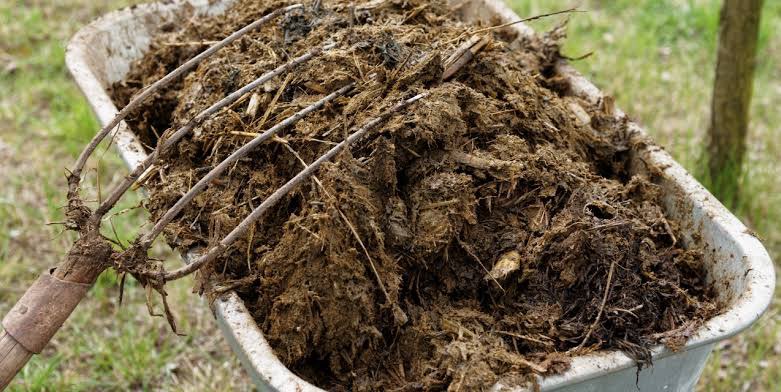
Advantages of raised beds in avocado production
An avocado tree does not do well in flooded soils and growing them in swampy areas/soils lowers their production, also a lot of water increases the chances of avocado being susceptible to root rot disease which courses the tree to die back.
The raised beds also allow air to circulate more freely, the circulation of air also prevent the compaction and provide the roots with the necessary oxygen levels for robust growth.
Improved aeration enhances nutrient uptake, leading to healthier trees and higher yields in avocado farming.
